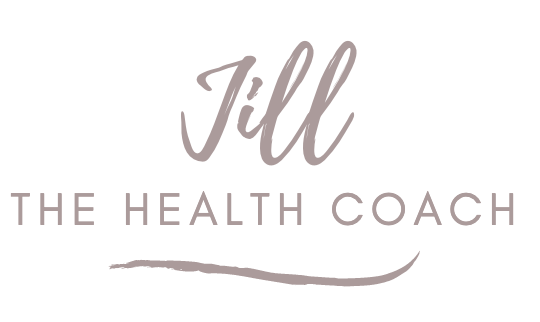I’m not worried if I get Coronavirus. At all.
First, there is great news on the treatment front of COVID-19. While in the news, they are not reporting any treatments that are “curing” Coronavirus, there are treatments that are working and being used.
I’ve been talking a lot about the amazing antiviral effects of Vitamin C. And so are some recent studies proving this.
Before I get to the studies, let’s discuss what happens when an infection starts. Infections produce inflammation which is the damage from an infection. When inflammation occurs, the body uses a tremendous amount of vitamin C for repair, so it may burn through its Vitamin C reserves.
Now, remember that humans cannot produce Vitamin C. so, we only get it from food and supplementation. So, if we don’t replenish our reserves, we leave ourselves exposed to more damage, or escalation of symptoms.
Make sense?
In fact, in the latest recommendation by the French Ministry and also health care workers in the trenches are reporting to AVOID taking any ibuprofen or NSAIDs if one thinks they may have COVID-19. It may exacerbate the symptoms up to 10x.
One of the reasons that this inherently makes sense is that this class of drug depletes Vitamin C, the very anti-viral nutrient that could be providing the protection that is needed against this virus.
So, why am I not worried? Because I take Vitamin C. And a lot of it right now.
And there’s proof in many new studies.
First, though, I want to deflect any nay-sayers who say there are studies that show that Vitamin C has been ineffective. This is true–the BIG BUT is that in these studies, they use such small amounts of Vitamin C, that of course it wasn’t effective.
So, keep in mind that it is important to not only take Vitamin C, but to take ENOUGH of it.
By enough, I mean the recommendations from Vitamin C expert Dr. Andrew Saul suggests 1 gram at each meal and in between meals. That’s about 6 g/day. But it must be spread out throughout the day as Vitamin C is water soluble and only uses what it needs at any one time. So, it’s like eating, once every other day won’t cut it.
Below you will see some studies with favorable outcomes that administer even less than the suggested dosage referred above.
A recent Meta Analysis study by Nutrients dated March 27, 2020 says that just 1-3 g of Vitamin C/day shortens an ICU stay by about 9%. It goes on to say that it shortens an elevated stay with use of ventilation by about 18%!
The New York Post also reported some New York hospitals are using Vitamin C for treatment. It said, “Dr. Andrew G. Weber, a pulmonologist and critical-care specialist affiliated with two Northwell Health facilities on Long Island, said his intensive-care patients with the coronavirus immediately receive 1,500 milligrams of intravenous vitamin C.”
Dr. Weber quoted, “The patients who received vitamin C did significantly better than those who did not get vitamin C.”
Another study by ClincalTrials.gov, dated a few days ago on March 26th shows Vitamin C “positively affects the development and maturation of T-lymphocytes, in particular NK (natural Killer) cells involved in the immune response to viral agents.”
This essentially means that it helps fight off viruses.
There are many more. But the point is to take your vitamin C every day, Throughout the day to protect yourself.
Zinc is another superstar. The symptoms of zinc deficiency MIRROR the symptoms of VOVID-19, so be sure to take zinc as well (only in the form of gluconate or picolinate- NOT oxide as it does not absorb well)
Check out the Coronavirus Guide for expert recommendations as to dosing and other treatment and preventative protocols.
Finally, as I always say, it starts with the foundation of what you feed your body. One has the best defense by having an even greater offense. Build up your immunity with clean, one-ingredient foods, sleep, water and stress so your body can do what it is meant to do to fight off any virus or foreign invader.
Love and health,
Jill
Get Your Coronavirus Guide Here
All material in this article is provided for information only and may not be construed as medical advice or instruction. No action or inaction should be taken based solely on the contents of this publication. Instead readers should consult appropriate health professionals on any matter relating to their health and well-being. The information provided has not been approved the Food & Drug Administration and is not intended to diagnose, treat, cure, or prevent any illness or disease.

